#samurai ii
Explore tagged Tumblr posts
Text


Toshiro Mifune in "Samurai II: Duel at Ichijoji Temple" (1955)
#Toshiro Mifune#Mifune Toshiro#Miyamoto Musashi#Samurai II: Duel at Ichijoji Temple#Samurai II#Duel at Ichijoji Temple 1955#Hiroshi Inagaki#1950s#50s#cinematography#cinema#samurai movie#vintage actor#actor#film#movie#moviegifs#cinemapix#filmgifs#filmedit#thgifs
57 notes
·
View notes
Text

#toshiro mifune#続���本武蔵 一乗寺の決闘#samurai ii#samurai ii: duel at ichijoji temple#samurai trilogy#hiroshi inagaki#jun yasumoto#1955#50s movies#1950s film#period piece#period drama#samurai movie#historical epic#japanese cinema#pose#cool pose#katana#samurai sword#swords#sickle#scythe#fight
27 notes
·
View notes
Text




Toshiro Mifune in Hiroshi Inagaki’s “続宮本武蔵一乗寺の決闘” (Samurai II: Duel at Ichijoji Temple) July 12, 1955.
#Toshiro Mifune#🍑#Samurai II: Duel at Ichijoji Temple#Samurai II#Duel at Ichijoji Temple#1955#1950s#Hiroshi Inagaki
21 notes
·
View notes
Text

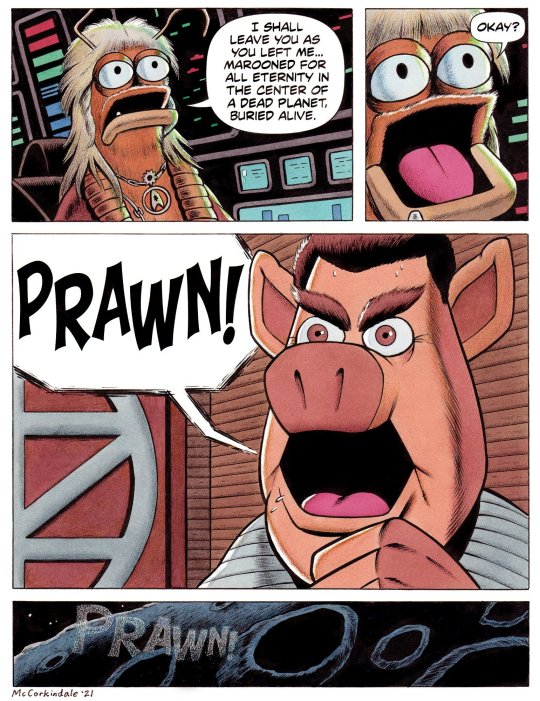








Arthouse Muppets
Art by Bruce McCorkindale
#Comics#Arthouse Muppets#Bruce McCorkindale#Film#Muppets#The Muppets#Sesame Street#Jim Henson#Art#The Good The Bad And The Ugly#Seven Samurai#Network#Ringu#The Ring#Pulp Fiction#Ocean's Eleven#Clue#Princess Bride#An American Werewolf In London#Star Trek II The Wraith Of Khan#The Wrath Of Khan#Star Trek#Humor#Humor Comics#Bert And Ernie#Statler And Waldorf
23K notes
·
View notes
Text

0 notes
Text




Kaoru Yachigusa and Toshiro Mifune in "Samurai II: Duel at Ichijoji Temple" (1955)
#Toshiro Mifune#Mifune Toshiro#Miyamoto Musashi#Samurai II: Duel at Ichijoji Temple#Samurai II#Duel at Ichijoji Temple 1955#Hiroshi Inagaki#1950s#50s#cinematography#cinema#samurai movie#vintage actor#actor#film#movie#moviegifs#cinemapix#filmgifs#filmedit#thgifs#vintage movies#japanese cinema
50 notes
·
View notes
Text
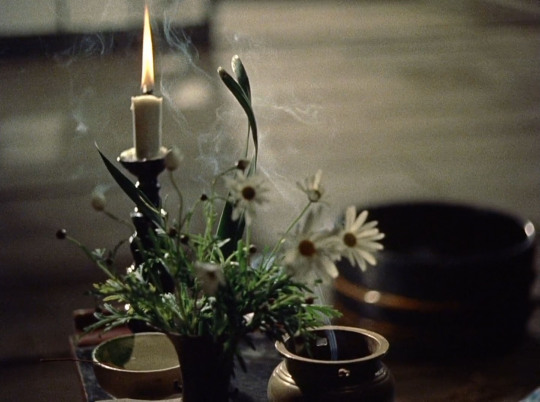
#samurai ii#samurai ii: duel at ichijoji temple#続宮本武蔵 一乗寺の決闘#hiroshi inagaki#jun yasumoto#samurai trilogy#1955#50s movies#1950s film#japanese cinema#historical epic#period drama#period piece#samurai movie#candle#flowers#smoke
3 notes
·
View notes
Text
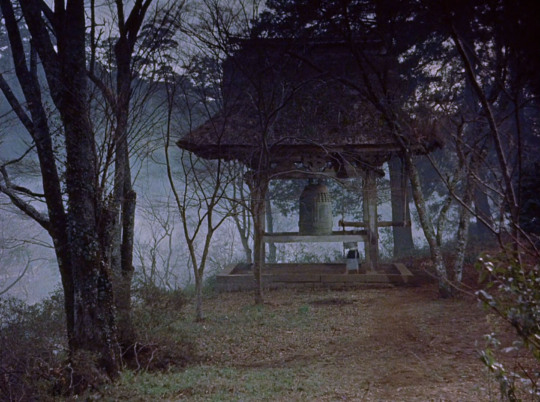
#samurai ii#samurai ii: duel at ichijoji temple#続宮本武蔵 一乗寺の決闘#hiroshi inagaki#jun yasumoto#samurai trilogy#1955#50s movies#1950s film#japanese cinema#historical epic#period drama#period piece#samurai movie#bell#bonshō#shōrō#(I guess that's what that structure is called?)#temple#woods#trees
3 notes
·
View notes
Text




Drew my OCs like they were in Hades!
#art#fantasy#oc#dnd#fantasy art#half orc#samurai#orc#orcs#trolls#dragon#dragonkin#rp#hades 2#hades ii#hades game#hades
71 notes
·
View notes
Text






Samurai II: Duel at Ichijoji Temple (1955)
#samurai ii duel at ichijoji temple#miyamoto musashi#samurai#ronin#japanese film#japanese movie#japan#self mastery#toshiro mifune#mifune toshiro
8 notes
·
View notes
Text
⚠️Vote for whomever YOU DO NOT KNOW⚠️‼️

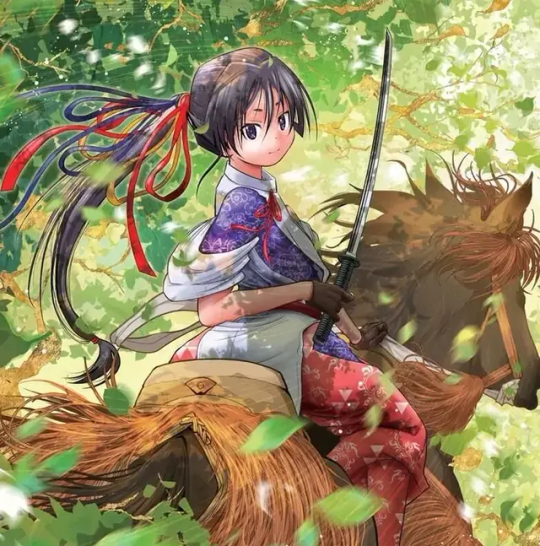
#ultimate obscure blorbo#polls#Round II#Tokiko Kurosu#Shi ni Aruki#Tokiyuki Hojo#The Elusive Samurai
12 notes
·
View notes
Text

#gaming#soul calibur 2#sc2#namco#fighting games#gcn#gamecube#nintendo gamecube#fgc#y2k#2000s#00s#soul calibur#soul calibur ii#mitsurugi#samurai#katana
66 notes
·
View notes
Text



#samurai ii#samurai ii: duel at ichijoji temple#続宮本武蔵 一乗寺の決闘#hiroshi inagaki#jun yasumoto#samurai trilogy#1955#50s movies#1950s film#japanese cinema#historical epic#period drama#period piece#samurai movie
2 notes
·
View notes
Text
@krakoansam this needed its own post

i rearranged my bookshelf for this flex

A lot of these are primary sources (Baburnamah, Nihongi) or collections of primary sources (The Classic Slave Narrative, The Jew in the Modern World). Primary sources are an acquired taste, but once you acquire it, they're delicious. I can't tell you how delightful it is to read Babur I describe swooning over a boy when he was nineteen, or watch ibn Khaldun almost figure out the connection between sunshine and dark skin. And of course, there's no substitute if you're trying to understand the minds of the people back then. Reading the writings of 19th century European Jewish intellectuals in high school literally changed my life (hence why the textbook from that class, The Jew in the Modern World, is on my bookshelf). But it can also be very difficult. I only made it a few pages into Voices of Chernobyl before I had to put it down.
Also the comics:

I was kinda hesitant to include Nonnonba, but I think it earns its place as a primary source, just like When I Grow Up. It's very precious to me. There aren't many primary sources on pre-war Japan in English, and few of them focus on everyday, small town life. Even fewer are as accessible as Nonnonba.
A reoccurring problem with pre-war and especially pre-Meiji histories is that too many Anglo authors are fixated on ~the honorable samurai~ with their ~wonderful code of bushido~ AARRRGH SHUT THE FUCK UP. If I see "bushido" anywhere near a serious discussion of the aristocratic (kinda) warrior caste of Japan, then everything goes right in the trash! Nitobe Inazō coined the word in 1900 when he was trying to explain how Japanese people were civilized to racist white people. There were, in fact, various codes of ethics/military conduct that circulated through pre-Meiji Japan, just like in every other fucking civilization, and the word bushido does pop up occasionally due to how the Japanese language works. But there was no unified code, and the concept of proper warrior conduct changed over the centuries. The Book of Five Rings, written by a guy who lived through the tail end of the Warring States Era, reads very different from the Hagakure, written after about a century of peace.
Imperial Japan is extremely interesting and extremely fucked up. The guys who jerk off to that shit are vile. Studying WWII, regardless of the theater, is like digging through an endless ravine of shit. Every time you think you're done, you've excavated all the shit, you're completely inured to the stink and the filth, TA-DAH! There's another, even worse strata of shit beneath your feet. I'm probably going to piss people off with this statement, but reading about WWII, is how I learned to stop worrying and--well, not love, per se, but make my peace with The Bomb. Yes, I am bitterly aware of the sick irony of that. No, that does not change my mind. The Mexican standoff that The Bomb inflicts on the world is preferable to WWIII. We aren't civilized enough as a species keep the peace without that sword dangling over our heads. I'd like to believe that we will be someday, but that day will not come in my lifetime.
I should note that my collection is currently missing The Tale of the Heike, since my old copy fell apart. I've also been meaning to get my hands on a collection of Abu Nuwas's poetry because he's amazing. Everyone should read Abu Nuwas. You haven't lived til you've read one of the greatest poets of all time write about getting drunk and banging dudes.

(translation by A.Z. Foreman)
#history#japanese history#world war II#world war 2#samurai#babur I#ibn Khaldun#abu nuwas#Jewish history#bushido#nitobe inazo#Nonnonba#mizuki shigeru
6 notes
·
View notes
Text
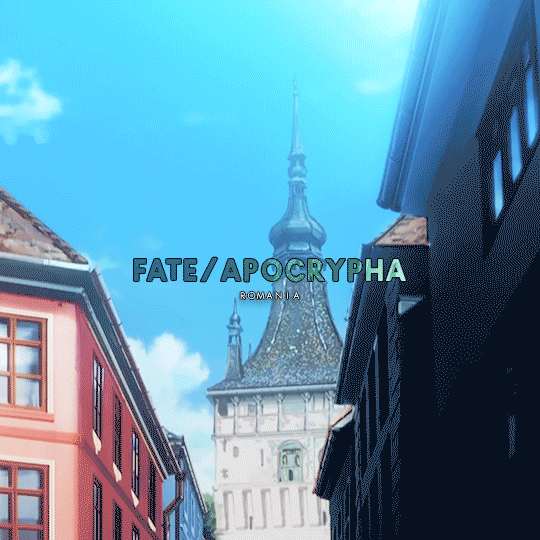

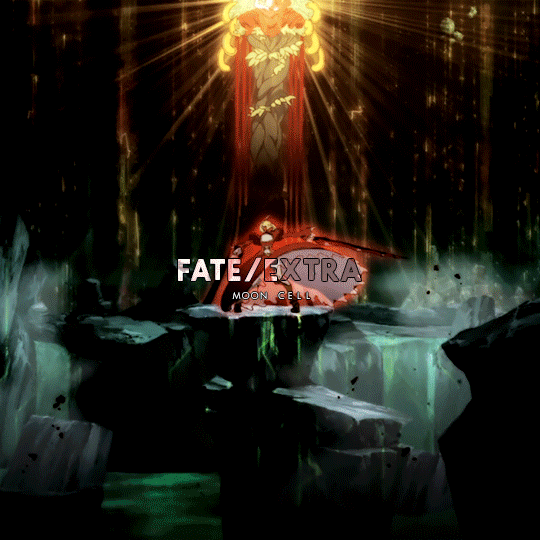
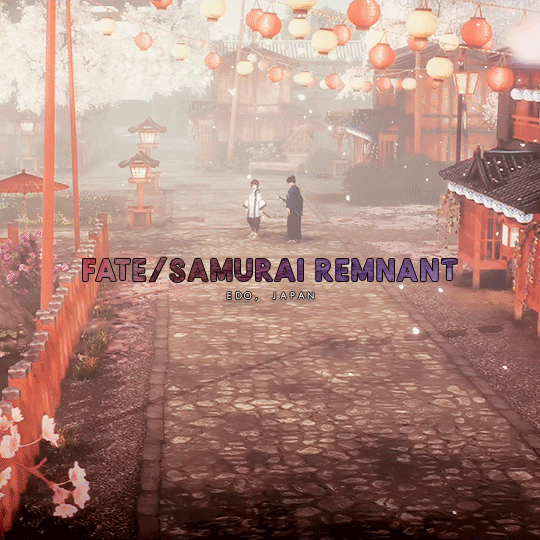



@giftober 2023: DAY 24 - COUNTRIES
#Fate Apocrypha#Lord El Melloi II Case Files#Fate Extra#Fate Samurai Remnant#Fate Stay Night#Fate Strange Fake#giftober2023#i almost added prototype but lbr that thing is dead and buried
146 notes
·
View notes
Note
Could you elaborate on why you said Ibuki's writing got a lot of mileage out of the latest El-Melloi?
Volume 7 of Adventures, the most recent El-Melloi book as of this question, has a scene demonstrating how a god sees the world. Gods can know anything by seeing past, future, and alternate timelines as their eyes perceive the world full of what I can best describe as spiritual Wikipedia links. With temporary access to a god's eyes, Ergo tries to learn more about Shirou and "clicks" links that show him practically every route of Fate/stay night.
I'd argue the most prominently featured god in Type-Moon is Fate/strange Fake's Ishtar. Ishtar demonstrated aspects of this since volume 3, with her searching through other timelines to find which would be less harmed by her removing Gugalanna, until she finds a Babylonia Singularity (world not connected to anything) and pulls from there. But she uses her divine eyes openly in volume 8, the one written more concurrently with Sanda's divine eyes plotline. There Ishtar notices multiple times that Rin has a link to herself thanks to FGO but chooses not to "click" that link while she's busy with other things. Then in her last moments, she uses the link in the arrow that killed her to be able to see her shooter.
This ability to see people's pasts at will is something Ibuki is passively shown to do a lot throughout the DLC, with her being able to find and summon the ghosts of Ming and Shimabara to fight in Zheng's and Chiemon's routes respectively, and the part I commented about: main story Ibuki choosing to join Iori's party based on what she saw happening in the DLC timeline.
There's another, more spoilery reveal of Adventures 7 that connects directly with Samurai Remnant, so I'll keep this one under the cut.
One of the long-term questions of Adventures was "Why Ruo doesn't have memory saturation too?". And then volume 7 reveals that his trick is that he doesn't have a trick. He was a god from the get-go. Any human who tries to use the power of a god will have memory saturation without exception. Which brings us to Saber, who:
A) Has Ame-no-Murakumo-no-Tsurugi as a Noble Phantasm which makes them a temporary kami.
B) Is full of holes in the pack of basic knowledge they were supposed to have a Servant.
Iori's Valentine's scene has this to say about it:
"It's a real bother, let me tell you. It was no different back in the times of the Waxing Moon Ritual. I never have sufficient knowledge inserted in my head. Even I can tell something is up with that, so I questioned the Child of Ibuki about it, and she answered that the more a wielder draws the… "perks" (whatever this word means) of the Divine Sword, the more is subtracted from them."
The drawback of the sword that makes a temporary god overlaps quite neatly with the natural and inevitable consequence of wielding the power of a god in a human body, wouldn't you say?
34 notes
·
View notes